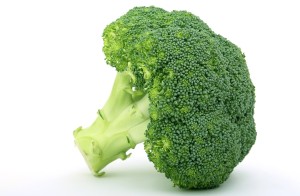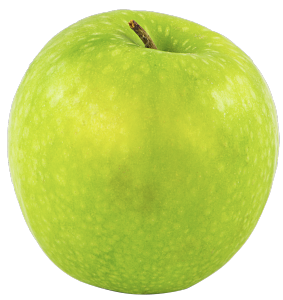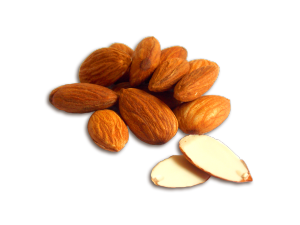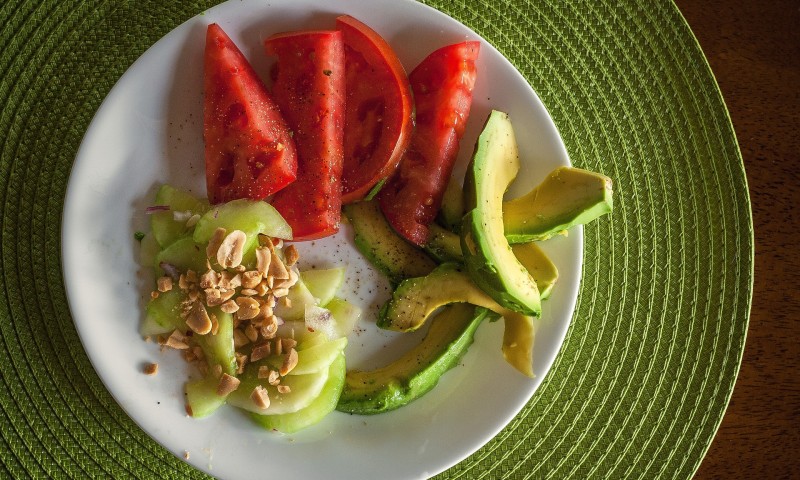The move is on, and many Americans are now switching to a more plant-based diet and becoming vegetarian. Before making such a significant change in your nutrition habits, however, it’s important to know about how vegetarianism affects your health and how you can maximize the benefits while minimizing the drawbacks.
What is a Vegetarian?
First, let’s start with what a vegetarian is. People who choose to follow this diet do not eat meat, and sometimes avoid other animal products as well. There are many variations to becoming vegetarian. For example, an ovo-vegetarian is one who’s diet includes eggs but no dairy products. A lacto-vegetarian diet includes other dairy products, but not eggs. Some people choose to be vegan, which is a diet that excludes all animal products, eggs and dairy.
Things to Consider Before Going Vegetarian:
There are many reasons why people choose to go vegetarian — from helping the environment to health-based reasons. Regardless of your reasons, before you decide to go on this specific diet, there are some things to consider in order to maintain balance while eliminating certain food products.
 Health Benefits – There are many health benefits to becoming vegetarian. Most of today’s chronic diseases are related to food choices. Going to a plant-based diet can decrease your risk of developing certain chronic diseases like heart disease and diabetes. Vegetarians tend to have a lower Body Mass Index (BMI) due to their high consumption of fruits and vegetables — which is also a benefit!
Health Benefits – There are many health benefits to becoming vegetarian. Most of today’s chronic diseases are related to food choices. Going to a plant-based diet can decrease your risk of developing certain chronic diseases like heart disease and diabetes. Vegetarians tend to have a lower Body Mass Index (BMI) due to their high consumption of fruits and vegetables — which is also a benefit!
 Start Slow – Moving to a vegetarian diet can be overwhelming for some. Take it one step at a time. Many have added “Meatless Mondays” to start with and have built on that idea one day or meal at a time.
Start Slow – Moving to a vegetarian diet can be overwhelming for some. Take it one step at a time. Many have added “Meatless Mondays” to start with and have built on that idea one day or meal at a time.- Choose the Right Foods – When choosing to go vegetarian, some people add in meatless items such as chips and snack foods. These do not contain meat, but they aren’t healthy either. When going towards a plant-based diet, choose plants and not junk!
 Remember Protein – When meat and animal products are taken out of your diet, your protein intake can suffer. Meats, dairy and beans can be great sources of protein. Balance your diet to include a protein source at meals. Protein is necessary for growth and to prevent muscle loss. If meat is not an option, add beans, dairy or think outside the box such as adding in some tofu!
Remember Protein – When meat and animal products are taken out of your diet, your protein intake can suffer. Meats, dairy and beans can be great sources of protein. Balance your diet to include a protein source at meals. Protein is necessary for growth and to prevent muscle loss. If meat is not an option, add beans, dairy or think outside the box such as adding in some tofu!- Take a multivitamin – Eliminating food groups can eliminate certain nutrients as well. A good multivitamin is a great place to start to replace some of the nutrients you may be missing. Also consider a calcium supplement if you have cut out dairy products. Aim for 1500 mg per day of calcium.
Becoming vegetarian can be a huge benefit to your health, but it may take some planning as well! Take some time to sit down, plan ahead and enjoy good food with great health benefits.
About the Author:
 Sarah Muntel, RD, is the Bariatric Coordinator at Community Bariatric Surgeons in Indianapolis, IN. She has 15 years of experience working with bariatric patients and loves to watch people as they change their lives and improve their health. Her favorite part of her job is her weekly support group. In her free time, Sarah enjoys spending time with her husband and three children.
Sarah Muntel, RD, is the Bariatric Coordinator at Community Bariatric Surgeons in Indianapolis, IN. She has 15 years of experience working with bariatric patients and loves to watch people as they change their lives and improve their health. Her favorite part of her job is her weekly support group. In her free time, Sarah enjoys spending time with her husband and three children.






